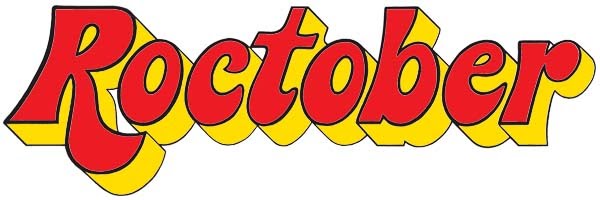(Fakefour, 2020) History will smile on Serengeti when the saga of Chicago hip hop is told in 40 years, as this underground innovator, in a move that is simultaneously grand and low key, did the impossible: He made novelty records with depth. The prolific wordsmith has also made scores of solid non-novelty numbers, but the track that will will make it onto futuristic volumes of NOW THAT'S WHAT I CALL CHICAGO HIP HOP will no doubt be "Dennehy," his 2006 ear-candy introduction to Kenny Dennis. This Dennis is neither a menace, nor the Miles sideman of the same name, but rather a middle-aged delivery driver with oversized approximations of both a Chicago mustache and a Chicago accent, and the song is a very funny catalogue of manly 80s actors, a tailgate BBQ shopping list, and an insistence that Zayre's stores existed after 1989. However, when he declares in the first couplet his allegiance to O'Doul's there's already something more than a Bill Swersky Superfans minstrel show going on: what stereotypical Chicago sports fan would drink near beer? There had to be more to his story, and over the next dozen years we learned, over dozens of tracks, dozens of character-building biographical nuggets explaining why this man rapped, why he disliked Shaq maybe more than he loved Ditka, and we even delved into his darkest struggles. In sixty years the worst detail we've learned about the clearly disturbed David Seville is that he's willing to leave his Chipmunk children with his idiot cousin (when finding himself body cast-bound, due to squeakquel-related shenanigans). "Monster Mash" came out in 1962 and we've yet to learn a single thing about Dracula's relationship with his son. Serengeti, on the other hand, infused his Mario-mustached alter ego with so much depth and pathos that it was shame to see his saga end on 2018's Dennis 6e. But in a rare positive 2020 surprise, we get this prequel (or prsqueakquel, if you prefer) which presents two lost disco-era tracks that a teen Kenny somehow recorded in response to the 1979 Disco Demolition debacle at Comiskey Park, in which the second game of a double header was forfeited after a radio promotion involving dynamiting disco records inspired long-haired rockers to bum rush the ballfield. The excavated audio reveals that Kenny blessed us with a proto-hip hop gem that is the Pale Hose's finest rap moment since Main Source declared, "Fuck Red and White, I got on Black Sox." With a groovy beat, but a more mellow groove than those etched into the vinyl that morning shock jock Steve Dahl blew up that fateful day, Dennis recalls "the Day that Disco Died" both wistfully and very personally. It seems that he went to 35th and Shields, ticketless, with hopes of his twin loves of South Side baseball and deep grooves hooking up, anticipating the crowd dancing in their green wooden seats. He did not realize the anti-disco theme of Dahl's dastardly plan, and the night proved so historic and traumatic to young Kenny that he mis-remembers the stoned and drunks teens goofing around on the field as a hate field race riot dominated by riot gear-clad "maintain disorder" cops. Actually, the quickly regretful creator of that promotion, Mike Veeck, ordered security to let the kids cavort on the field until they tuckered themselves out rather than use force. The widespread revisionist take of that night as an overtly racist and homophobic milestone gives too much credit to '79 Sox fans and Loop ("Where Chicago Rocks") listeners. While the group was certainly largely racist and homophobic, the first Disco act any of them would have named would have been Bee Gees and the idea that "Disco Sucks" was a slogan denigrating gay oral sex requires a more sophisticated sense of humor than most of them possessed. As Kenny summarizes, this was Rock vs. Disco, and they were just picking sides (and the eventual triumph of disco-inspired hip hop would years later reveal those Bridgeport-ians to be on the sad and sorry side of that particular Civil War). Anyhow, despite this being a 7" single, this Disco-era 12"-worthy seven minute epic is an emotional journey for Kenny in which Rock reportedly rules, but a deep disco musical movement around minute five begs to differ. The flip side is kind of a square dance song about bears, I think not the Soldier Field type, but rather the Brookfield (zoo) type. Perhaps it was a prognostical pre-epitaph to the hillbilly alter ego of anchor Joel Daly, who died four months after this was released (though canonically, around 490 months after this was recorded). It's a banger, but in the wake of the epic A-side I couldn't fully process it. "Field on Fire" is a Dick Allen home run of hip hop (yes, I know Allen is not a '79-era example, but he's a player I imagine wee Kenny revered); a magnificent new chapter in the life of a man as funny as longtime unofficial White Sox mascot Andy the Clown, and as deeply sad as (I assume) longtime unofficial White Sox mascot Andy the Clown.
Tuesday, November 24, 2020
Subscribe to:
Post Comments (Atom)





No comments:
Post a Comment